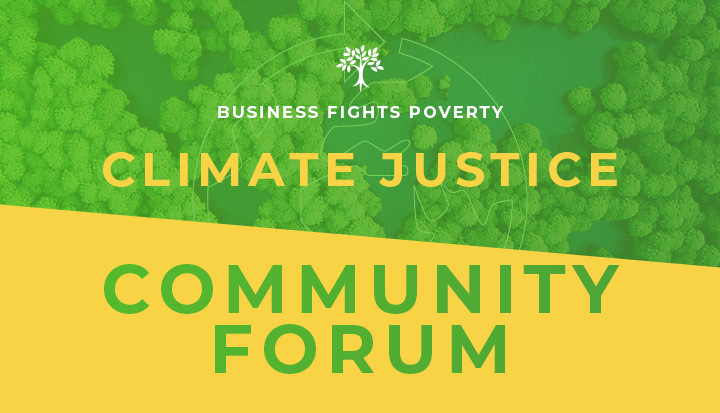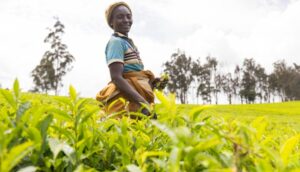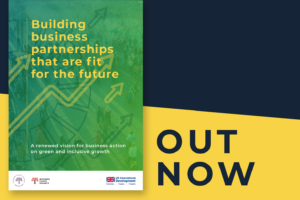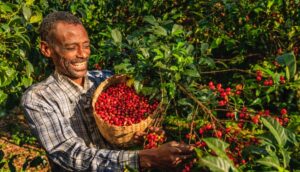Last year, Corporate Citizenship published a report on Inclusive Business, The Next Frontier for Corporate Responsibility, which praised companies like Unilever, SABMiller, Nestlé and Diageo for their work in developing countries. These companies, we said, were “spreading opportunities to poor and disadvantaged people through job creation, regular income generation, connection to markets, access to education and training, as well as access to finance”.
The Hunger Games, a report from the NGO War on Want, accuses these companies of the exact opposite. Multinationals, it says, are using government aid budgets to “tighten the corporate stranglehold over the global food system”, driving smallholder farmers out of business.
One project in the firing lines is the Southern Agricultural Corridor of Tanzania (SAGCOT). Supported by Western companies including Unilever, Monsanto, Diageo, Syngenta, SABMiller, Yara, AGRA and DuPont, and receiving UK government aid, the project says that it aims to “incorporate smallholder farmers within commercial agriculture businesses”. According to War on Want, it will crowd out the poor.
In theory (says the guy with the economics degree), industrialisation should raise subsistence farmers out of poverty and fuel economic growth. In reality, though, growth-focused policies can often end up harming the poorest.
Journalist Leah Borromeo is currently working on a film called Dirty White Gold, about the plight of India’s cotton farmers. She says that agricultural companies like Monsanto are responsible for locking farmers into debt, resulting in up to 300,000 suicides in India since 1995. Monsanto’s genetically modified seeds are sterile, and must be sprayed with expensive pesticides. It states that it is a “sustainable agriculture company”, which aims to “improve lives”.
For companies like Unilever, which has made helping poor farmers a key target, the main lesson is that good intentions don’t always guarantee good results. Corporate Citizenship’s Inclusive Business report recommends steps such as “conduct a socio-economic impact assessment”, “explore partnerships” and “develop a robust performance measurement system”. The poor must never go unnoticed.
Leah Borromeo says that making Dirty White Gold challenged her Western idealism (she felt “a bit of a dick” for even mentioning organic farming to indebted Indian farmers). She hopes that the film will be a vehicle for change, helping to “make ethics and sustainability the norm in the fashion industry”. I can’t wait to see it.
This blog was first published on the Corporate Citizenship Blog and is reproduced with permission.











One Response
Sad.
Farmers typically, produce generic products i.e. Farmer A produces what Farmer B, C,D,…..X produces. Put simply, it is a case of too many generic products chasing too few buyers. If farmer A refuses to sell me his crop because I have offered him a poor price, I will simply go to Farmer B and get exactly the same crop at the same price A refused to accept!
‘The man with the economics degree’ tells us that if too many goods are supplied compared to demand, the price will fall. Therefore, until and unless subsidies in the West and China are removed, farmers in the South will always struggle. Should it be like that? NO.
I am sure there are a million ways in which farmers like this can be helped to upgrade to high-yielding activities in the value chain, improve their bargaining position or reduce their risk